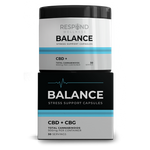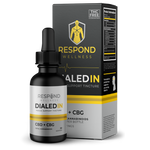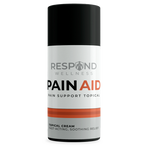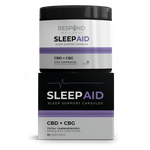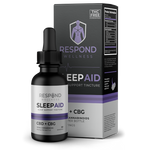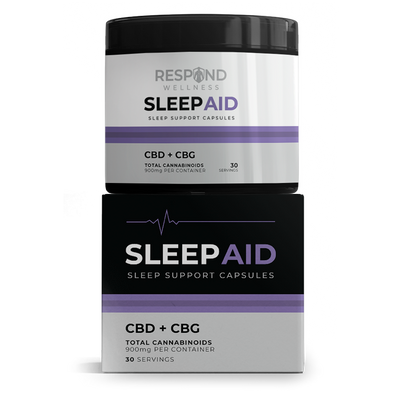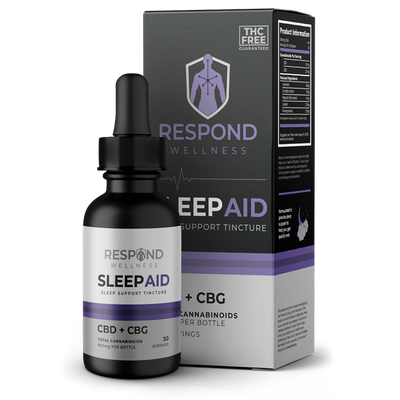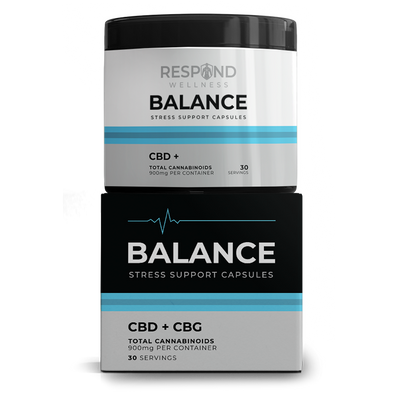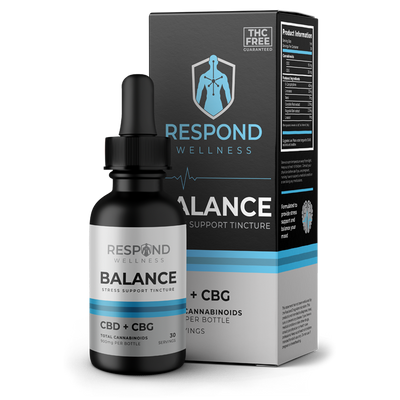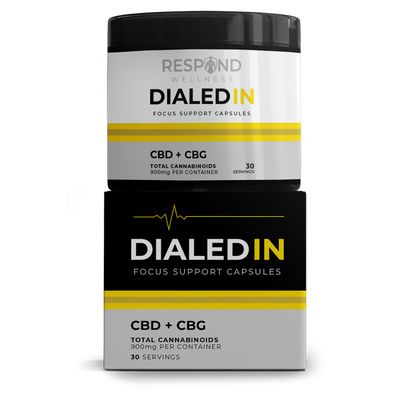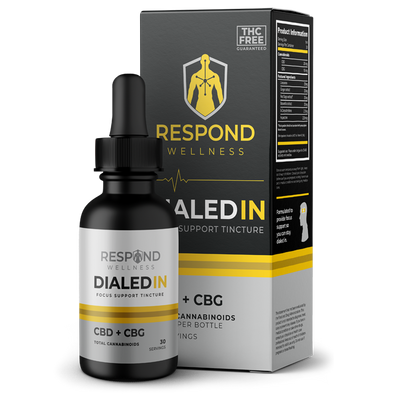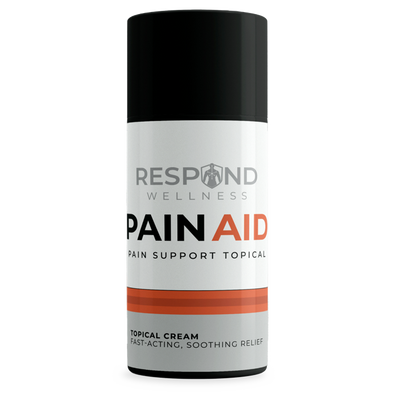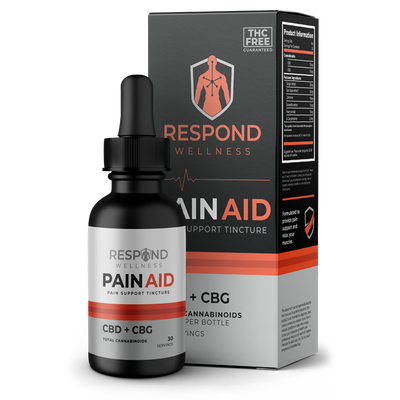You have no items in your shopping cart.
Getting quality sleep is essential for overall health, mental clarity, and daily performance. If you struggle with falling asleep quickly or staying asleep all night, you’re not alone. Poor sleep affects energy levels, mood, and even immune function. Fortunately, better sleep habits, natural remedies, and lifestyle adjustments can significantly improve your rest.
In this guide, we’ll explore proven sleep optimization techniques to help you fall asleep faster and wake up feeling refreshed.
To Learn more immediately go to: Respond Wellness CBD Sleep Aid
1. Optimize Your Sleep Environment for Deep Rest
Your bedroom should be a sleep sanctuary—a space that promotes deep relaxation.
- Keep it cool, dark, and quiet (ideal sleep temp: 65°F).
- Use blackout curtains or an eye mask to block out disruptive light.
- Reduce background noise with a white noise machine, earplugs, or soft music.
- Upgrade to a comfortable mattress and supportive pillows tailored to your sleep position.
💡 Pro Tip: Your body associates your bedroom with sleep. Avoid working or watching TV in bed to strengthen this connection.
2. Stick to a Consistent Sleep Routine
Your circadian rhythm (internal clock) thrives on consistency. Small changes to your nightly routine can make a big impact.
- Go to bed and wake up at the same time every day, even on weekends.
- Create a wind-down routine—this could include light stretching, reading, or listening to calming music.
- Avoid long naps during the day (limit to 20-30 minutes if necessary).
💡 Pro Tip: Try journaling before bed to clear your mind and prevent overthinking when your head hits the pillow.
3. Reduce Blue Light & Improve Nighttime Exposure to Natural Light
Light exposure directly impacts melatonin production—the hormone that signals your body it's time to sleep.
- Limit screen time at least 60-90 minutes before bed (phones, tablets, TVs).
- Use night mode on your devices or wear blue-light-blocking glasses in the evening.
- Get morning sunlight exposure within the first hour of waking up—this helps regulate your circadian rhythm for better sleep at night.
💡 Pro Tip: If you must use screens before bed, switch to warmer light settings or dim the brightness to reduce eye strain.
4. Support Your Sleep with the Right Nutrition & Hydration
What you eat and drink throughout the day can significantly impact your sleep quality.
- Avoid caffeine and nicotine at least 6 hours before bedtime—both are stimulants that can keep you wired.
- Limit alcohol consumption—it may help you fall asleep but disrupts deep sleep cycles.
- Don't go to bed too full or too hungry—a light snack like almonds, yogurt, or herbal tea can promote relaxation.
- Stay hydrated throughout the day, but reduce liquid intake in the evening to prevent frequent trips to the bathroom.
💡 Pro Tip: Foods rich in magnesium, melatonin, and tryptophan (like bananas, turkey, and pumpkin seeds) can naturally support sleep.
5. Exercise to Improve Sleep, But Watch the Timing
Regular exercise has been proven to improve sleep quality, but timing matters.
- Get at least 30 minutes of moderate exercise most days of the week.
- Avoid high-intensity workouts 2-3 hours before bed, as they can be too stimulating.
- Try gentle activities like yoga, stretching, or deep breathing in the evening to relax your body and mind.
💡 Pro Tip: If you struggle with racing thoughts at bedtime, try a light walk after dinner to calm your nervous system.
6. Manage Stress & Calm Your Mind Before Sleep
Stress and overthinking are major sleep disruptors. Implement relaxation techniques to calm your nervous system:
- Practice deep breathing exercises or guided meditation before bed.
- Keep a journal to offload thoughts and worries.
- Try progressive muscle relaxation—tensing and relaxing different muscle groups.
💡 Pro Tip: Avoid checking emails or social media right before bed—it can increase stress and anxiety.
7. Natural Sleep Aids & Supplements (If Needed)
If lifestyle changes alone aren’t enough, natural sleep aids can provide extra support.
- Magnesium—helps relax muscles and calm the nervous system.
- Chamomile Tea & Aromatherapy (Lavender, Eucalyptus)—known for their calming effects.
- Respond Wellness CBD Sleep Aid—a natural, CBD blend with sleep-supporting botanicals to help promote deeper, more restful sleep.
💡 Pro Tip: Always consult a healthcare provider before introducing new supplements into your routine.
Final Thoughts: Prioritize Your Sleep for Better Health & Well-Being
Sleep is the foundation of good health—it affects everything from energy levels to immune function and cognitive performance. By making small, sustainable changes to your sleep environment, daily habits, and nighttime routine, you can fall asleep faster, sleep deeper, and wake up refreshed.
Looking for an all-natural sleep solution?
Check out Respond Wellness CBD Sleep Aid to experience the benefits of better rest without grogginess.
